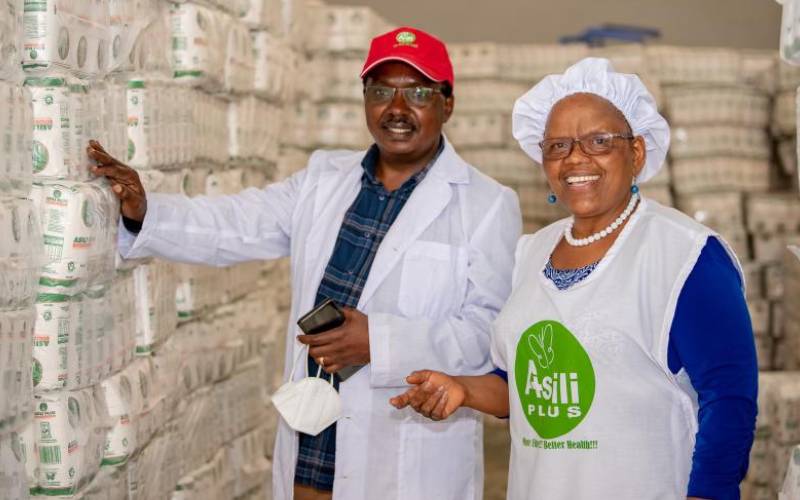×
The Standard e-Paper
Stay Informed, Even Offline

Daniel and Ruth Kinoti. [Courtesy]
Growing up, Daniel and Ruth Kinoti, saw their parents invest in farming but get little in return due to poor prices. This propelled their desire to start a venture by buying produce directly from farmers, selling it and giving them better prices.